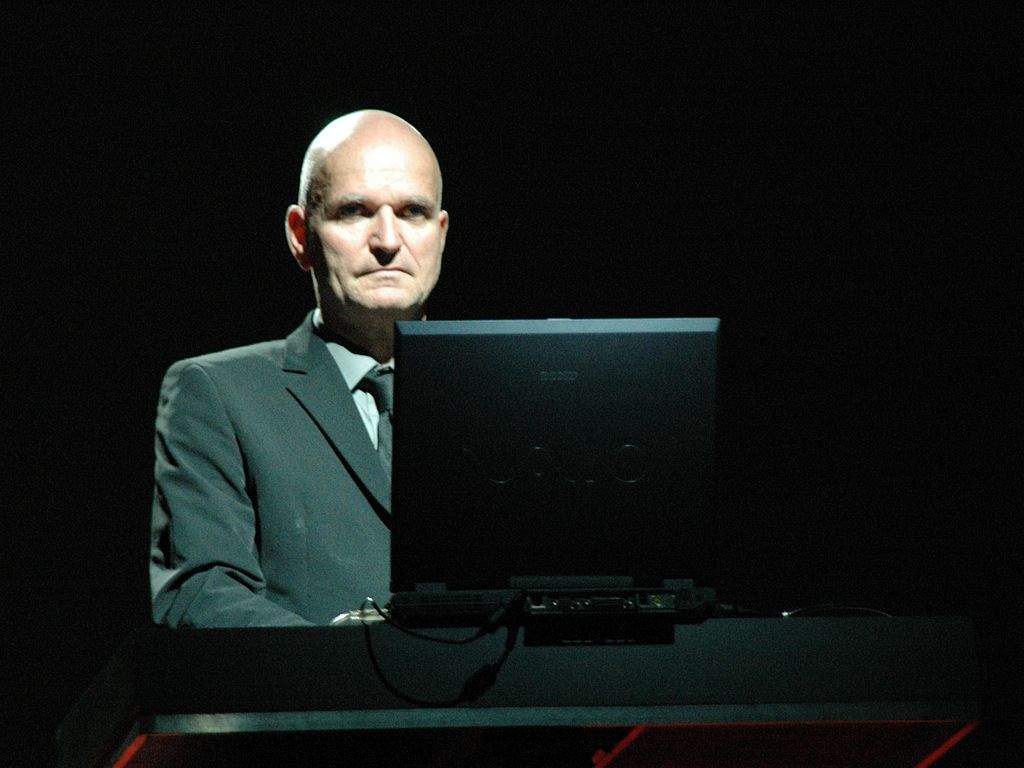Farewell to Florian Schneider, founder of Kraftwerk
German musician Florian Schneider, founder of Kraftwerk, left us on April 21. The news was released two weeks later by his press office. Schneider passed away in his hometown of Düsseldorf from fulminant cancer, just twenty-three days after his 73rd birthday (he was born in the Rhineland city on April 7, 1947).
Born Florian Schneider-Esleben, he had studied at the Düsseldorf Conservatory of Music and in 1970 had, together with his friend Ralf Hütter, started Kraftwerk, one of the most influential groups in music history: in fact, they are considered among the inventors of electronic music, the first able to fuse electronic instrumentation and catchy melodies.In 1970 itself, the group, with Schneider on flute, Hütter on keyboards and Klaus Dinger on drums, had debuted their eponymous debut album, released the following year. The first album to make use of electronic instruments, however, was Kraftwerk 2, released in 1972 with a new lineup (Schneider and Hütter were joined by Plato Kostic on guitar and Emil Schult on bass). The first two albums are also regarded by critics as the most innovative and experimental. With 1973’s Ralf & Florian, Kraftwerk began to use synthesizers, but the real turning point toward the sounds now known to most came, however, with 1974’s Autobahn, the band’s fourth album, which also ushered in their best-known, cool, futuristic aesthetic image, with the band members all playing in the same line-up and dressed alike.
Schneider, having been an uninterrupted member of Kraftwerk since the band’s founding, had left the group in 2008 (it now consists of Hütter, Henning Schmitz, and Fritz Hilpert: there have been many lineup changes over the years): until then he had been the only one who had never left (Hütter himself, the other longtime member of Kraftwerk, left for a few months after the release of the first album). After leaving the group he had produced a solo record in 2015(Stop Plastic Pollution, a rallying cry against plastic pollution).
His and Kraftwerk’s music had an impressive influence on much of the music that followed: it can perhaps be said that the music of the 1980s without them would not have been as we know it. Indeed, from their experiments descends the whole synth-pop movement (the one made famous by groups like OMD, Human League, Soft Cell), and heavy debts to Kraftwerk are also owed by new wave, disco-music, techno, and contemporary electronic music. A number of well-known artists, such as Björk, David Bowie (who also dedicated an instrumental track on the album Heroes, entitled V-2 Schneider, to Schneider), and Blondie, have explicitly cited Kraftwerk among the musicians they were directly inspired by.
Pictured: Florian Schneider in Ferrara, Italy in 2005. Ph. Credit Daniele Dalledonne
 |
| Farewell to Florian Schneider, founder of Kraftwerk |
Warning: the translation into English of the original Italian article was created using automatic tools. We undertake to review all articles, but we do not guarantee the total absence of inaccuracies in the translation due to the program. You can find the original by clicking on the ITA button. If you find any mistake,please contact us.



























